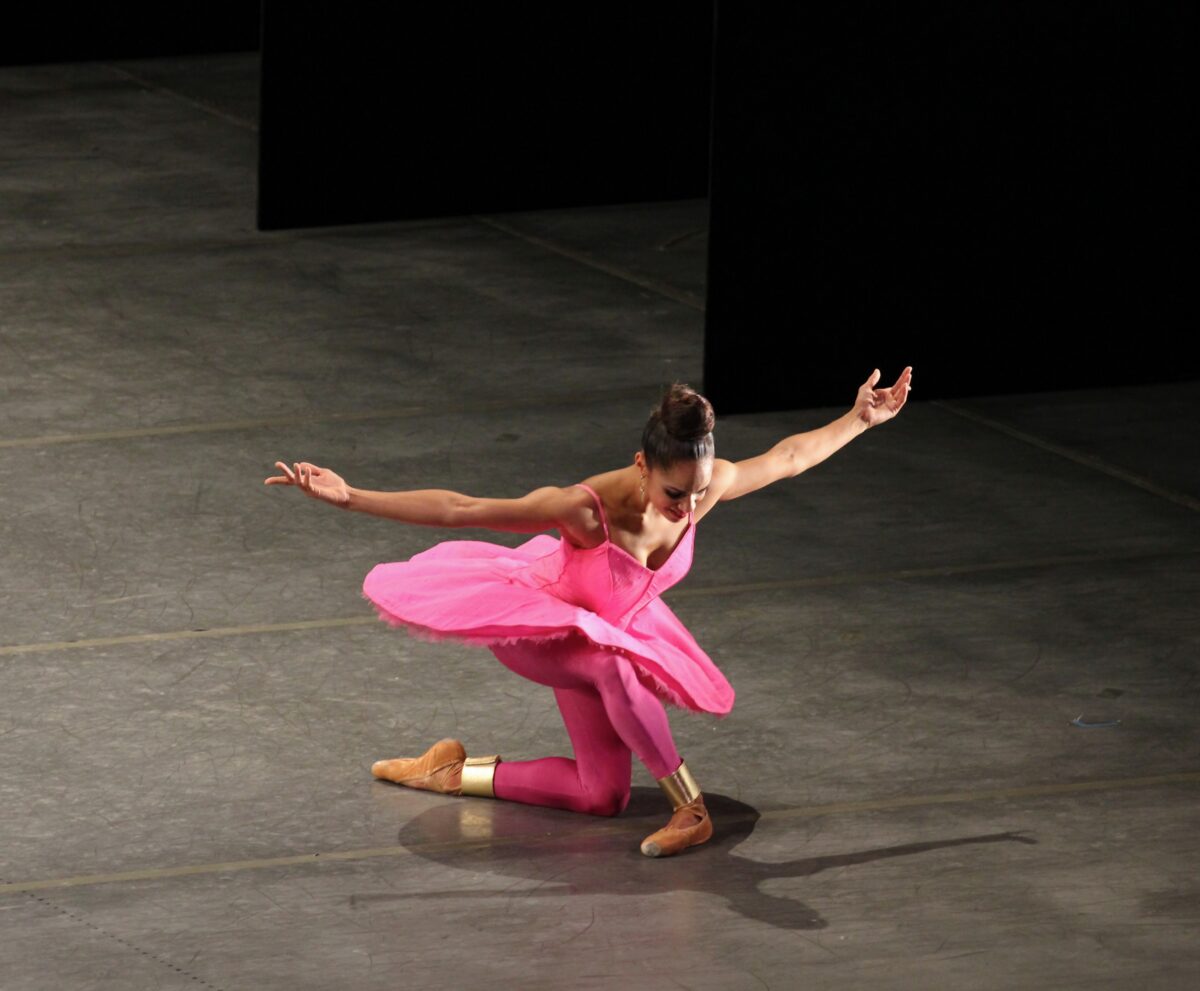
As a Black ballerina, Misty Copeland is a rarity. And she’s revealing it’s not easy being one.
In a recent interview with CNN, Copeland — who is a principal dancer for the American Ballet Theatre — opened up about her difficulties of standing out as a Black woman in the dance industry, including the pressure she faces living up to high standards and the “generational trauma” that comes with the role.
“We’ve been told, for so many decades and generations, that the swans should be white, that that’s not a role that can be played by a Black or brown woman,” Copeland told CNN’s Chris Wallace.
Copeland’s passion for dancing began during her teenage years while living in California. Her talents eventually led her to joining the American Ballet Theatre and in 2014, becoming the first Black woman to dance the famous roles of Odette/Odile in Swan Lake. She broke barriers once again in 2015 as the first Black woman to be named principal dancer in the company’s 75-year-history.
Copeland told CNN that she’s also faced pressure to lighten her skin “over years and years,” often through the use of matte makeup. And while being a Black ballerina has come with notable recognition, Copeland said it’s not just about her.
“To me, it’s not just about being the first — there have been so many Black women who have done incredible things for the ballet community, the ballet world, but haven’t been acknowledged,” she said.
Copeland now uses her position to help spark conversations about diversity and expand representation in dance. In 2023, she executive produced the short film “Don’t Touch My Hair.” She also provides ballet classes to the Boys & Girls Club of America through the Misty Copeland Foundation, a nonprofit she created in 2021 to expand dance to underserved children.
Most importantly, Copeland is spreading the message that dance exists for everyone.
“You shouldn’t have to have a certain body type,” Copeland said. “You shouldn’t have to have a certain color skin or be a specific age. If you have the right dedication and commitment and support – I think anyone should be able to do this.”



